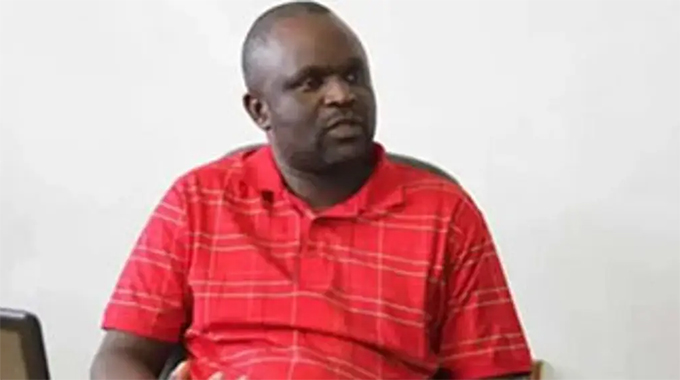
Ivan Zhakata-Herald Correspondent
The Industrial Development Corporation (IDC), through its bus and truck manufacturing subsidiary, Deven Engineering, has started assembling buses, with 26 units already finished.
The assembling of buses from imported knock-down kits resumed recently and is in partnership with Amalgamated Bus Industry (ABI), a consortium of private bus operators in the country.
Before resumption of the assembly process, Deven had resorted to refurbishing second-hand buses for re-sale using locally available materials just to remain in business.
The assembled buses are the Zhong Tong brand from China and Chinese engineers are housed at Deven premises in Harare’s industrial area, leading the assembly process.
Speaking during a tour of Deven Engineering and Willowvale Mazda Motor Industries by the Parliamentary Portfolio Committee on Industry and Commerce led by Chimanimani East Member of Parliament Cde Joshua Sacco, IDC general manager Mr Edward Tome said they had the capacity to supply the country with adequate buses.
“At the moment we have been assembling 20 buses which was a specific order for a client, but should any client come through today and ask for us to assemble 10 buses per day, we have the capacity to do that,” he said.
“What we are not having is the effective demand for us to start assembling more buses. We also need resources and buses being capital intensive, we cannot just be buying kits and keeping them in stock.
“Currently, we are assembling as per customer order, not just orders, but effective orders backed by the ability to pay.
“If a client brings an order and pays us the money, we guarantee that we will be able to give the buses. Zimbabwe currently has an annual demand of between 500 to 800 buses, which we can meet as Deven. We have the ability to supply beyond that to meet regional demands from countries like Zambia, Mozambique, Malawi and the Democratic Republic of Congo (DRC).”
Mr Tome said Deven through its partnership with ABI has the capacity to produce more buses, but they needed effective orders backed by payment.
ABI principal Dr Sam Nanhanga said businesses and institutions must buy locally manufactured buses as they are designed to meet required standards.
“We have the capacity to supply the country with enough buses. We want people to have a feel of locally assembled buses and what Zimbabwe can do. If the manufacturing industry is being supported by the Government, it will help downstream job creation among other things.
“As far as this project is concerned we are very happy. We also need to adopt the issue of carbon footprints. If we say we have enough power to power those vehicles we can remove the diesel powered engines and replace them with electric engines,” he said.
Dr Nanhanga added: “We are manufacturing buses and in the event that no one takes in the market, we as bus operators can also become the client and buy the buses. Deven will not fail as a company because it is supported by bus operators.”
Cde Sacco said the committee was impressed with what Deven was doing and encouraged people to buy locally assembled vehicles.
“A number of issues have been raised including the need to remove the duty on knocked-down kits to make it competitive for Deven to assemble vehicles locally.
“What is exciting is the coming on board of Manhize Steel Plant where we hope that we will be able to produce steel that can be used in the manufacturing go buses and vehicles here in Zimbabwe.
“We have seen 26 buses that have been assembled at Deven and we have been told about technology transfer where we have engineers from China here who are transferring skills to the locals to be able to assemble buses. It is a learning curve and with support from Government there will be room for improvement.”
Zimbabwe, which once boasted assembling buses in the last three decades, has been battling to do so due to illegal sanctions imposed by some western countries.
